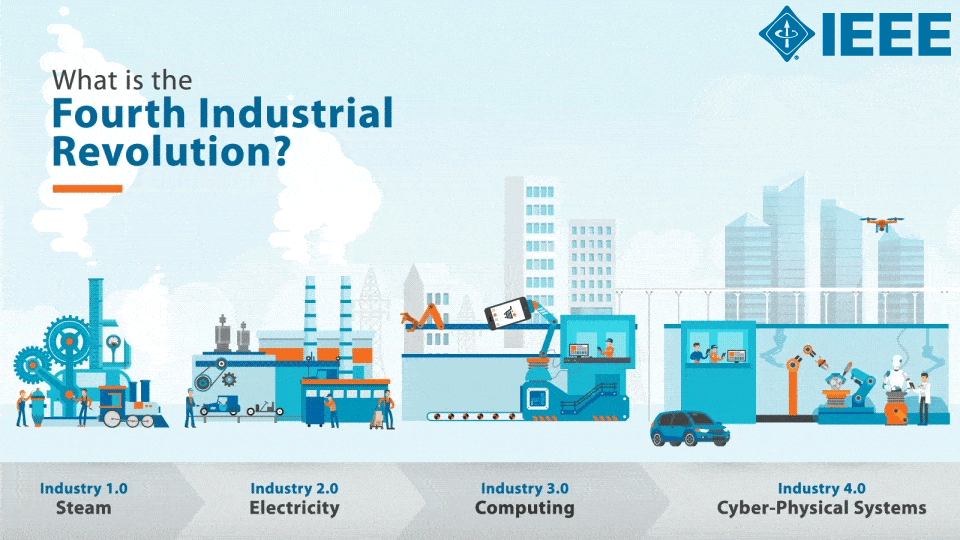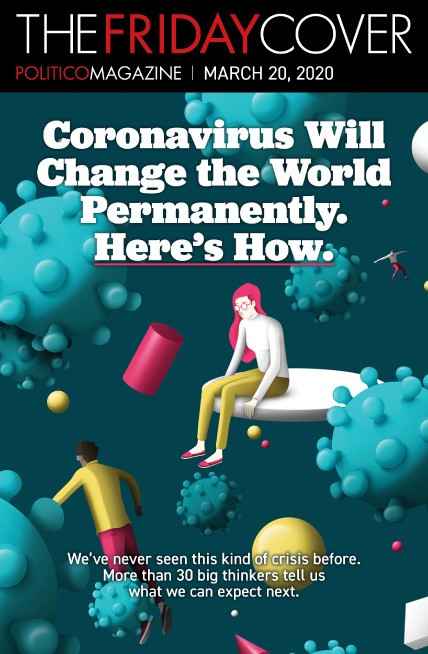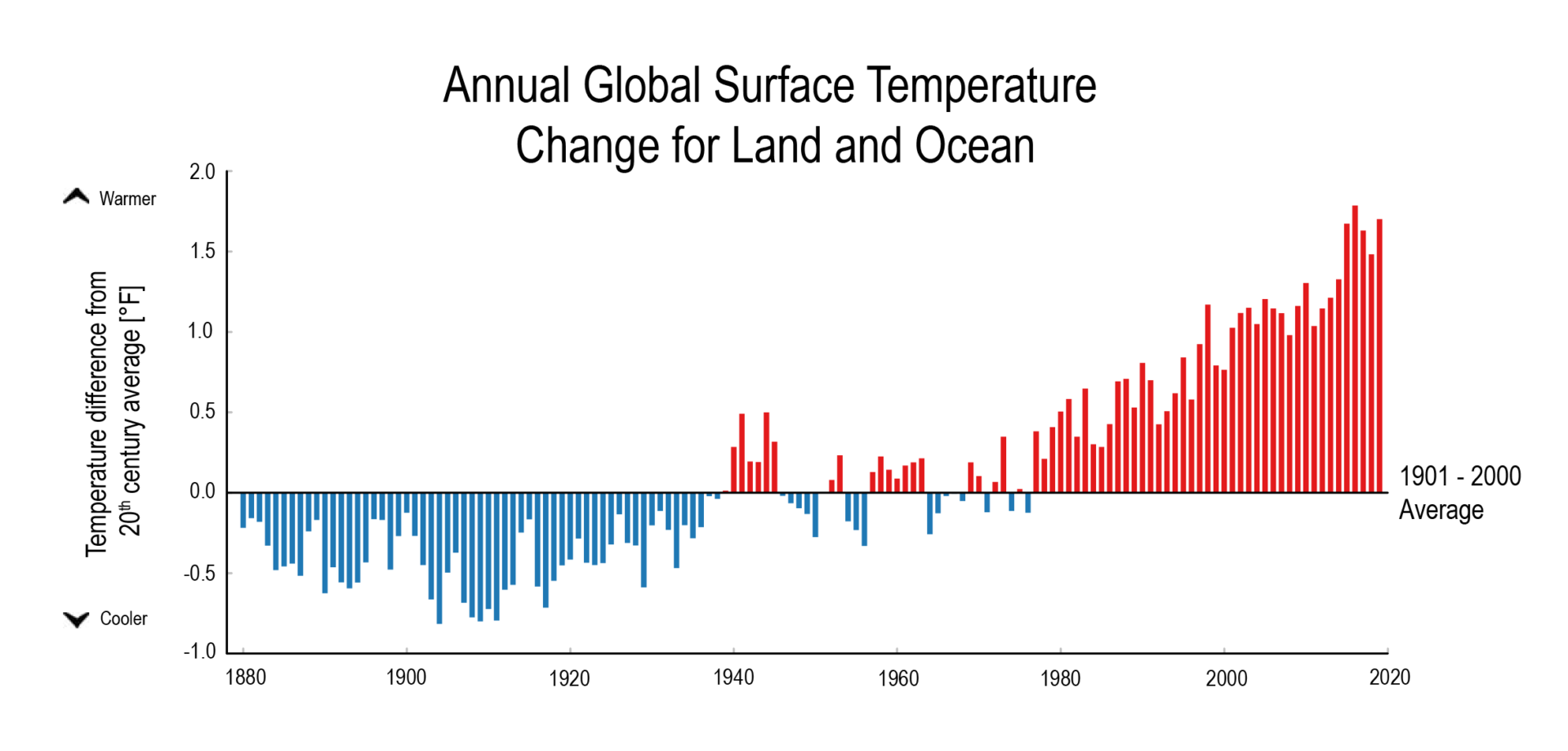Category: Christian Perspectives in the 21st Century / 21세기 크리스천의 관점
Christians in the 21st Century
Samuel Park
Challenges in the 21st Century (한글 Click to read in Korean)
The development of modern human science and technological civilization is remarkable. Thousands of years passed between the development of industries dependent on the labor of humans and animals and the evolution of the 18th-century mechanized industry through steam engines (1st Industrial Revolution). However, it took only a century to transition from steam energy to mass production through electrical energy (2nd IR), and a hundred years from electricity to information revolution through computer-Internet technology (3rd IR).
The 21st century is rapidly accelerating change and progress by converging physical, biological, and digital spheres through emerging technologies such as big data, artificial intelligence (AI), and IoT (4th IR). AI is processing all the scientific and technological data that humans have accumulated so far in hours or days. The advancement of scientific civilization raises not only the expectation that it will open a promising future for humans but also the worry that machines with autonomy may dominate humankind.
COVID-19 has suddenly cast a dark cloud over a bright sky of human civilization in the 21st century. The invisible coronavirus invasion has caused social isolation and economic damage. Liberal ideology emerged as the dominant reliable alternative to fascism and communism for humanity after surviving the two world wars and the Cold War. However, the corona pandemic is now challenging democratic liberalism.
As a global village, the world has abandoned the paradigm of progress through free trade and win-win operation and has instead opted for control and containment. Yet, corona is still gaining momentum. Perhaps only when humans have developed vaccines and treatments and contained the coronavirus to a manageable extent will the true 21st century unfold. A different way of life and socio-political-economic norms in the post-corona era will become the new normal in the 21st century.
However, the climate crisis is more frightening than the corona pandemic and may even be the biggest challenge to humankind in the 21st century. This issue has worsened along with the development of science and technology. Climate change threatens humanity with a momentum that exceeds our rate of technological advancement. Implementing direct risk reduction measures, such as facemasks and social distancing, can limit the immediate threats of the coronavirus.
On the contrary, climate problems cannot be directly controlled. It has become inevitable that we face the consequences of our inaction during the past few decades. All humanity can do now is prevent future chaos by avoiding raising the global temperature 1.5 degrees Celsius above preindustrial levels. However, scientists believe that the time in which we must do so is only a few to a dozen years.
Christianity in the 21st Century
What is Christianity doing in the face of these 21st-century challenges? Distrust of liberal democratic ideology, ambivalence about science and a technological civilization, confusion due to the corona crisis, and future anxiety caused by climate change are demanding new alternative solutions from mankind. However, there is currently no other model that any country can follow. This is an era in which we all take the same tests and must find the correct answers ourselves.
In the past, great powers have guided the world. The Roman Empire, the United Kingdom, and the United States to name a few have led humanity by developing political, economic, and social models. As a spiritual and ideological buttress, religion has played a major role in maintaining social norms and stability. Christianity, Islam, Buddhism, Hinduism, and other such religions have had a strong influence in their religious circles. However, religion in the 21st century is losing the solid leadership it had in the past and is becoming a cause of conflict rather than a source of social resources.
Christianity, which had established itself as a powerful religious, social, and political monarch of the Western world, is gradually losing its authority. After becoming the official religion of the Roman Empire, Christianity strengthened social norms and solidarity and played a central role in defining human virtues and values. Before the Renaissance, the clergy exerted a powerful influence on major fields such as politics, education, law, and medicine. However, since the Renaissance, Christianity has gradually lost its authority in various fields of society. The role of religious and spiritual comfort is rapidly losing its place in the realm of psychological counseling as well.
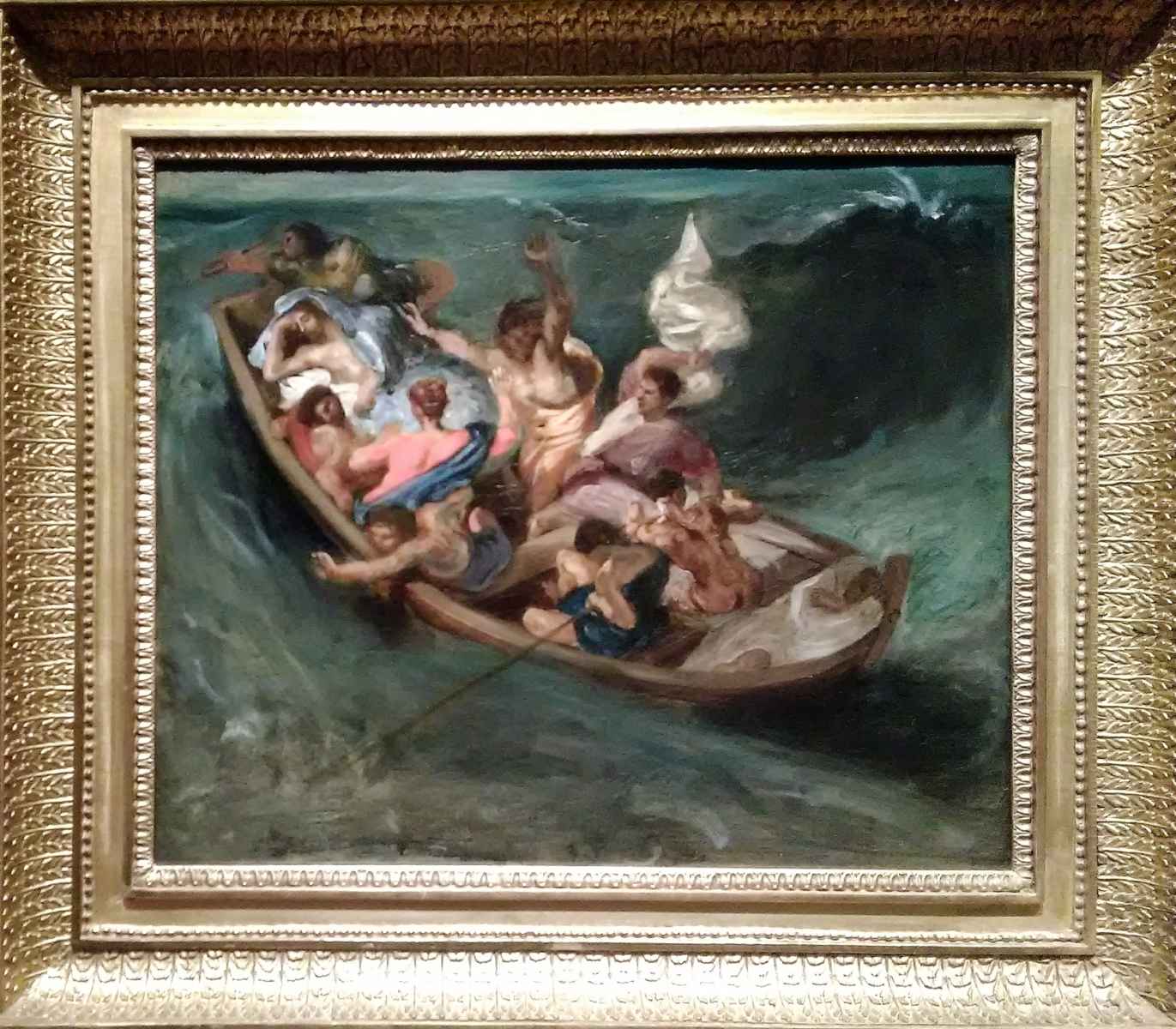
Many people no longer listen to what Christianity has to offer. To them, the Christian story seems to have nothing to do with the pleasures and hopes given by science. The rationality and predictability of science has surpassed not only the vagueness of the transcendence of God, which cannot be seen or heard, but also the unknown future judgment. Christianity is thus being pushed from its central position to the margins, losing its relevance and connection in ordinary human life and withdrawing into its group.
The Role of Christians in the 21st Century
The current corona pandemic is exacerbating all these challenges and demanding a Christian alternative. How will Christianity restore its essence in this 21st-century landscape and take on its natural role? Here are some suggestions.
- We must find a way to communicate with society while maintaining the essence of the gospel.
The history of Christianity has maintained its vitality by constantly communicating the gospel with society without being stained by the world. The Jerusalem Council in Acts 15 is a prime example of opening the door for Gentiles to enter the church while maintaining the core of the gospel. In Encountering Theology of Mission, the authors explain that although Christianity originated from Jewish culture and began as Jewish Christians, the Jerusalem Council decided to embrace Gentiles as well.
Besides, the New Testament, such as the Gospel of Mark, Luke, John, and Pauline letters, was preached and written using the language and thoughts of the time so that the Gentiles could understand the gospel. As such, Christianity was able to survive despite the fall of Israel by keeping the core of the Gospel and communicating with society at the time. Thus, the Roman Empire recognized Christianity as the state religion. At its center was the dedication of Christians who lived the gospel practically (Acts 11:26), and the theology and culture that could be communicated to the Greco-Roman society.
- We must cultivate outward missions while maintaining the inner health of the church.
Modern churches are already struggling to secure their losing authority and privileges from a defensive posture. Civilized and docile, Christians have lost their spiritual ferocity and strength to fight, remaining within an isolated religious fortress. They are helpless in the face of attacks from the latest weapons of secularism and scientism. The leaders of the church, the commanders of the fortress, are handing over outdated tactics and old-fashioned weapons and instructing them to win. It is time to encourage Christians to practically live out the life of loving God and neighbors and communicate it with society. In addition to preaching within the church, a public and prophetic cry needs to communicate the message of the gospel to members of society like the Veritas Forum does.
- The church should give up its vested privilege and stand bumbled.
This is a time in which existing Christian authority and leadership are not working. The church must accept reality and escape the illusion that its voice will be superior. It is necessary to abandon the sense of privilege found in being the strongest or the majority at the center of society and start again in the place of the weak who are pushed to the margins. Just as Christians who were persecuted in Roman times served the poor and neglected, we must return to the spirituality that wept and laughed with the marginalized. The privilege of churches and pastors who still insist on on-site worship in the corona era only induces further isolation of the church.
“Christian Perspectives in the 21st Century” is a blog that serializes how to live in the 21st century as a Christian and how to view various issues theologically. It will periodically capture the life and ministry of students, alumni, and professors at Central Korean Programs and their theological views. The first featured series will focus on how to view the current corona pandemic. Of course, this blog is not limited to the Korean programs, and I hope that seasoned Christians will join us and pray for this endeavor.
ABOUT THE AUTHOR:

Samuel Park, Ph.D. is an Associate Professor of Practical Theology and Contextual Ministry Education and the Director of Korean Programs at Central Seminary, Shawnee, KS. The author of several books and articles, he is interested in teaching and researching in areas of pastoral care and counseling, coaching, ministry ethics, theological reflection, and conflict transformation. He serves as an editor of this blog.
EDITORIAL NOTE:
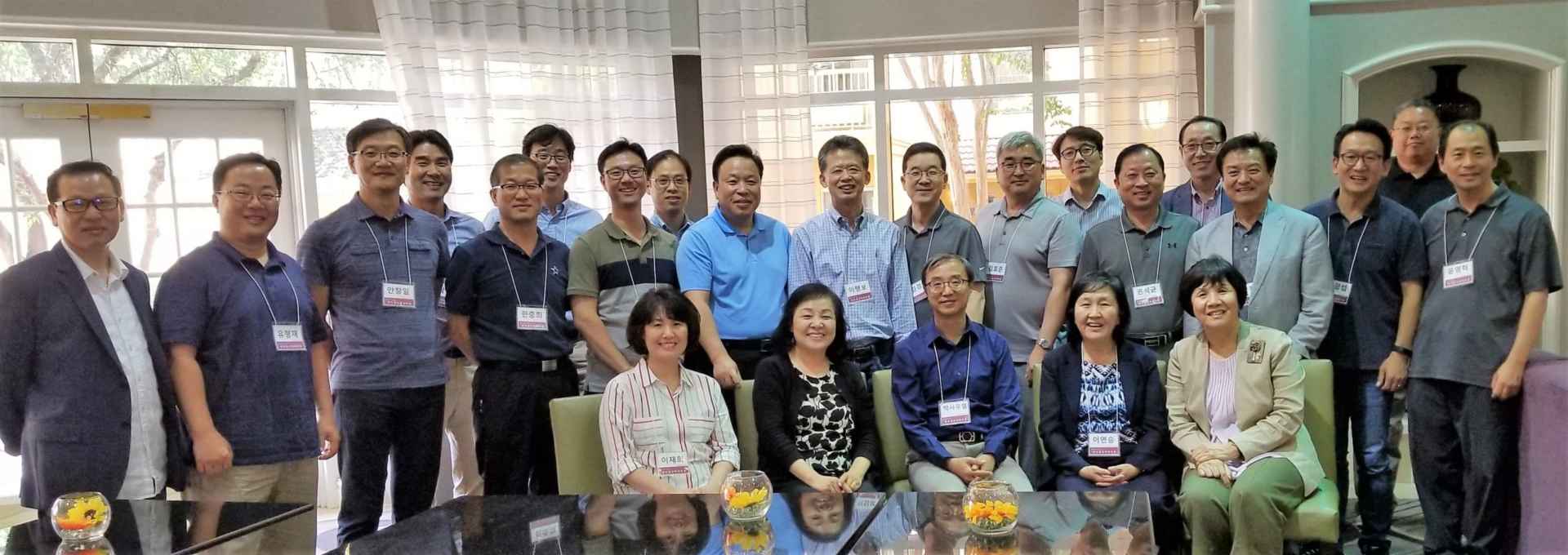
This is the first in a series of “Christian Perspectives in the 21st Century” articles. The next featured articles will focus on the “COVID Pandemic.” Various contributors from the Korean Programs at Central Seminary will participate in the blog. Readers may submit their feedback and perspectives to spark@cbts.edu for possible inclusion in the blog series.
